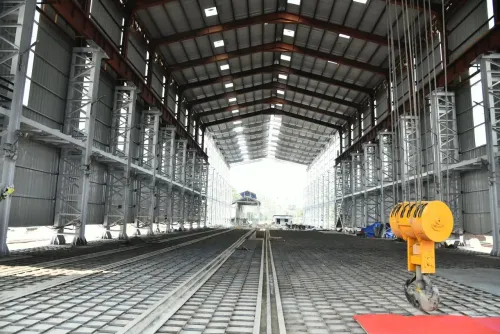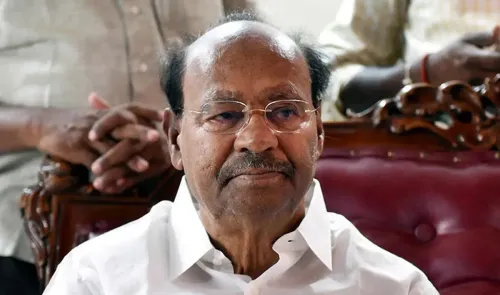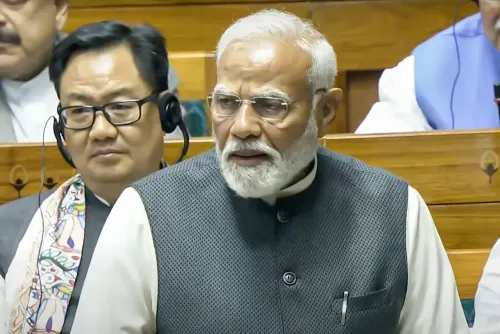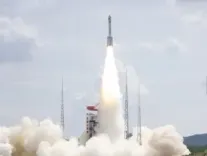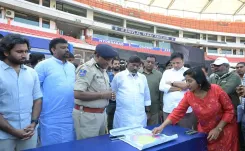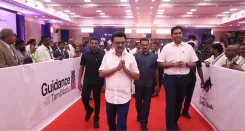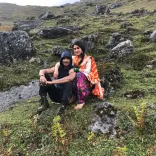What Will the RSS Discuss Regarding the Socio-Economic Conditions of the Tribal Areas in Jodhpur?
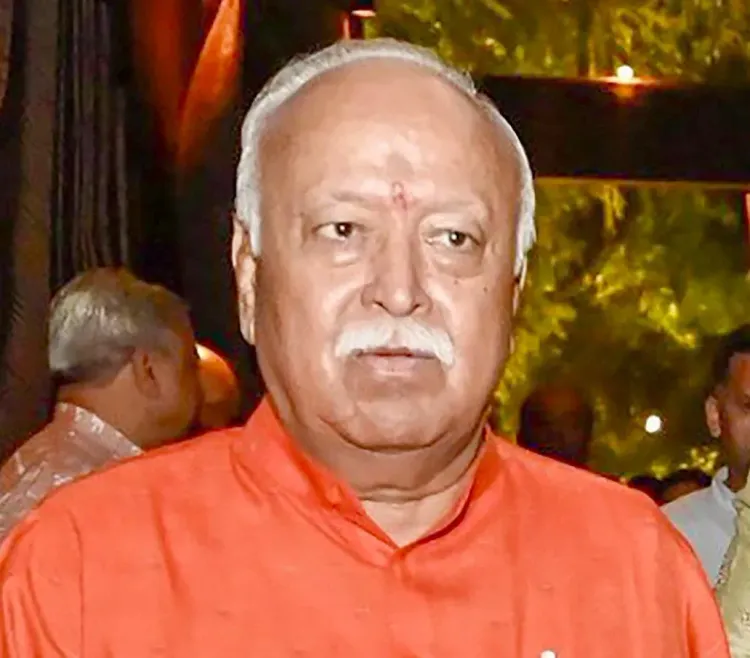
Synopsis
Key Takeaways
- 320 representatives from various organizations will participate.
- Focus on socio-economic conditions in tribal areas.
- Review of the National Education Policy (NEP) 2020 implementation.
- Plans for the Sangh’s centenary celebrations.
- Initiatives for community integration and social harmony.
Jaipur, Sep 4 (NationPress) The All India Coordination Meeting of organizations by the Rashtriya Swayamsevak Sangh (RSS) is set to take place at Lalsagar, Jodhpur, from 5 to 7 September.
During a press conference on Thursday, All India Prachar Pramukh Sunil Ambekar announced that 320 representatives, including officials from 32 Sangh-inspired organizations and coordinators of women’s initiatives, will participate in the discussions.
The meeting will be overseen by Sarsanghchalak Mohan Bhagwat, alongside senior leaders such as Sarkaryavah Dattatreya Hosabale and Co-Sarkaryavahs Krishna Gopal, C.R. Mukunda, Arun Kumar, Ramdatt Chakradhar, Atul Limaye, and Alok Kumar.
Ambekar noted that the annual working reports from various organizations will be presented, showcasing achievements and experiences from the past year.
Key organizations such as Akhil Bharatiya Vidyarthi Parishad (ABVP), Bharatiya Kisan Sangh, Bharatiya Mazdoor Sangh, Vidya Bharati, and Saksham (dedicated to the differently-abled) will be prominently featured.
A significant emphasis will be placed on examining the socio-economic conditions of various regions, especially the tribal areas of Punjab, Bengal, Assam, and the Northeast.
Topics of discussion will also include Panch Parivartan – five transformative initiatives focused on social harmony, family enlightenment, environmentally sustainable lifestyles, self-sufficient production, and civic responsibility.
The ongoing efforts to implement the National Education Policy (NEP) 2020 will be reviewed, alongside expected new directions for educational reform.
The meeting will also evaluate initiatives aimed at integrating tribal communities into the mainstream and the positive transformations occurring within these societies.
Additionally, preparations for the Sangh’s centenary year (2025–26) will be another crucial agenda item. The centenary celebrations will commence on Vijayadashami on 2 October 2025 in Nagpur, extending nationwide with events at the mandal, village, and colony levels.
The year will include Hindu conferences, harmony meetings, home contact initiatives, civic seminars, and youth programs.
Ambekar stressed that this coordination meeting serves not as a decision-making body but rather as a platform for dialogue, experience sharing, and enhancing alignment among organizations.
Each participating entity will be inspired by the discussions to finalize its own plan of action.


